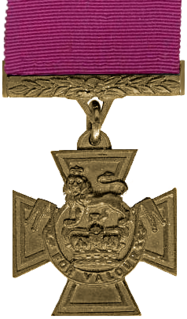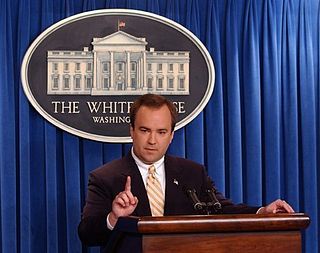A Quote by Carl von Clausewitz
A general in time of war is constantly bombarded by reports both true and false; by errors arising from fear or negligence or hastiness; by disobedience born of right or wrong interpretations, of ill will; of a proper or mistaken sense of duty; of laziness; or of exhaustion; and by accident that nobody could have foreseen. In short, he is exposed to countless impressions, most of them disturbing, few of them encouraging. ... If a man were to yield to these pressures, he would never complete an operation.
Quote Topics
Accident
Arising
Bombarded
Bombarded By
Born
Both
Complete
Constantly
Could
Countless
Disobedience
Disturbing
Duty
Encouraging
Errors
Exhaustion
Exposed
False
Fear
Few
Foreseen
General
Ill
Ill Will
Impressions
Interpretations
Laziness
Man
Mistaken
Most
Negligence
Never
Nobody
Operation
Pressures
Proper
Reports
Right
Sense
Short
Them
Time
True
True And False
War
Were
Will
Would
Wrong
Yield
Related Quotes
If we consider the actual basis of this information [i.e., intelligence], how unreliable and transient it is, we soon realize that war is a flimsy structure that can easily collapse and bury us in its ruins. ... Many intelligence reports in war are contradictory; even more are false, and most are uncertain. This is true of all intelligence but even more so in the heat of battle, where such reports tend to contradict and cancel each other out. In short, most intelligence is false, and the effect of fear is to multiply lies and inaccuracies.
There are very few errors and false doctrines of which the beginning may not be traced up to unsound views about the corruption of human nature. Wrong views of the disease will always bring with them wrong views of the remedy. Wrong views of the corruption of human nature will always carry with them wrong views of the grand antidote and cure of that corruption.
Progress is the exploration of our own error. Evolution is a consolidation of what have always begun as errors. And errors are of two kinds: errors that turn out to be true and errors that turn out to be false (which are most of them). But they both have the same character of being an imaginative speculation. I say all this because I want very much to talk about the human side of discovery and progress, and it seems to me terribly important to say this in an age in which most non-scientists are feeling a kind of loss of nerve.
Man is an Animal, formidable both from his Passions and his Reason; his Passions often urging him to great Evils, and his Reason furnishing Means to achieve them. To train this Animal, and make him amenable to Order; to inure him to a Sense of Justice and Virtue, to withhold him from ill Courses by Fear, and encourage him in his Duty by Hopes; in short, to fashion and model him for Society, hath been the Aim of civil and religious Institutions; and, in all Times, the Endeavour of good and wise Men. The aptest Method for attaining this End, hath been always judged a proper Education.
We are particularly proud of our youth. I think we have never had a stronger generation of young men and women than we have today. For the most part they are true to the faith of their forebears. Surrounded by forces that would pull them down and tremendous pressures to pull them away from time-tested virtues, they are going forward with constructive lives, nurturing themselves both intellectually and spiritually. We have no fears or doubts concerning the future of this work.
...most men have bound their eyes with one or another handkerchief, and attached themselves to some one of these communities of opinion. This conformity makes them not false in a few particulars, authors of a few lies, but false in all particulars. Their every truth is not quite true. Their two is not the real two, their four not the real four; so that every word they say chagrins us, and we know not where to begin to set them right.
They were not friends. They didn't know each other. It struck Tom like a horrible truth, true for all time, true for the people he had known in the past and for those he would know in the future: each had stood and would stand before him, and he would know time and time again that he would never know them, and the worst was that there would always be the illusion, for a time, that he did know them, and that he and they were completely in harmony and alike. For an instant the wordless shock of his realization seemed more than he could bear.
Miss Goldman is a Communist; I am an Individualist. She wishes to destroy the right of property, I wish to assert it. I make my war upon privilege and authority, whereby the right of property, the true right in that which is proper to the individual, is annihilated. She believes that co-operation would entirely supplant competition; I hold that competition in one form or another will always exist, and that it is highly desirable it should.
I've been in politics all my life. In 1945, I committed my first act of civil disobedience during the election campaign for the first post-World War II general election, when the Labour Party, to everyone's amazement, ousted the Conservatives. I refused to obey the instructions of a policeman, and as a result, almost got a belt around the ear, because those were the days when policemen could hit children and nobody cared, they thought it was probably good for them.
In a general view, there are few conquests that repay the charge of making them, and mankind are pretty well convinced that it can never be worth their while to go to war for profit's sake. If they are made war upon, their country invaded, or their existence at stake, it is their duty to defend and preserve themselves, but in every other light, and from every other cause, is war inglorious and detestable.




































